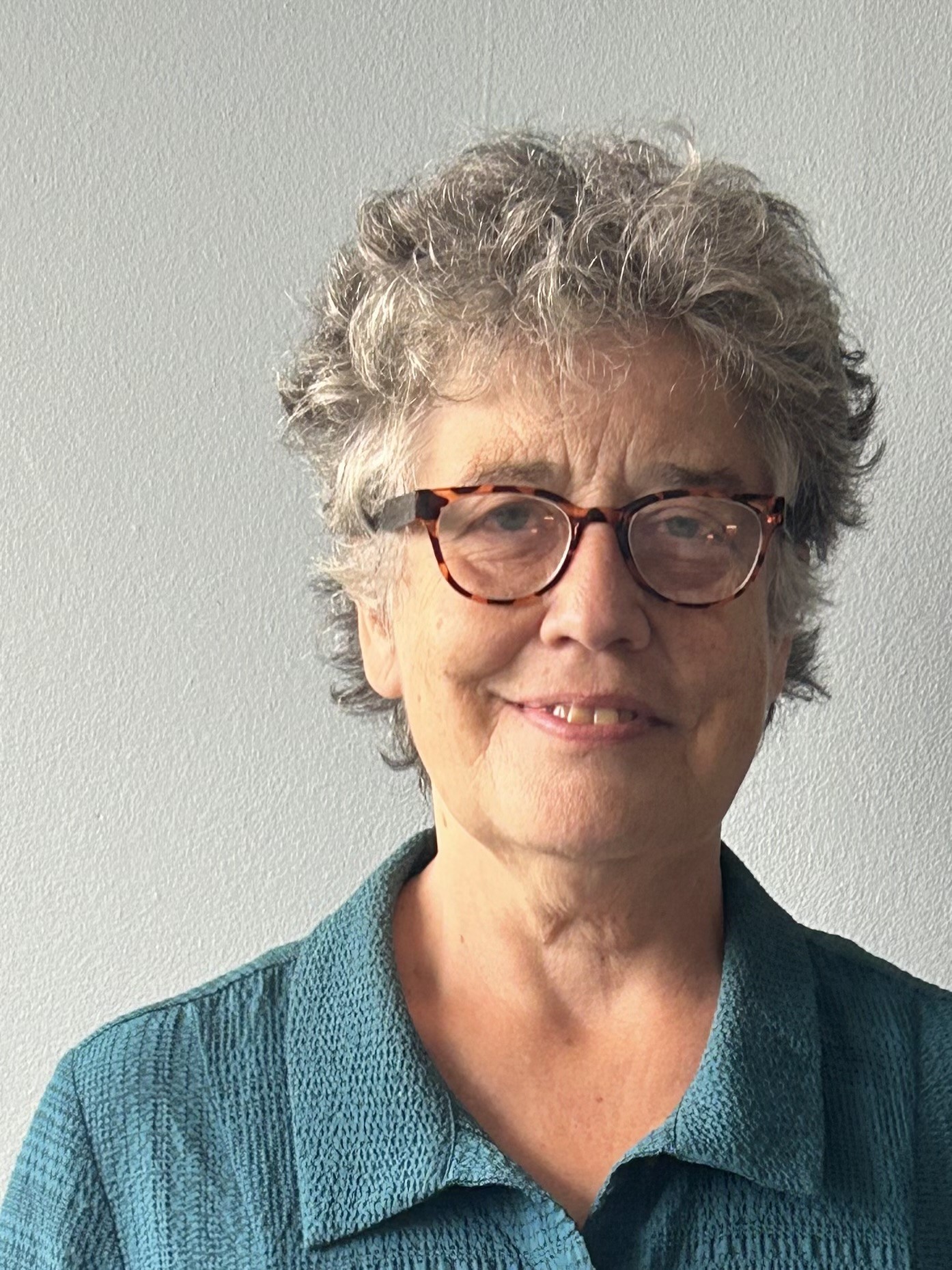EAEPE-Robinson Prize 2023
The 2023 EAEPE Robinson Prize went ex aequo to (1) Edith Kuiper for her book titled A Herstory of Economics published by Polity, (2) Thomas Marois for his book titled Public Banks: Decarbonisation, Definancialisation and Democratisation published by Cambridge University Press and (3) Cecilia Rikap for her book titled Capitalism, Power and Innovation: Intellectual Monopoly Capitalism Uncovered published by Routledge.
|
Edith Kuiper
|
In this book I introduce and bring to the fore the life, work, and voices of almost 100 women economic writers and economists from the 17th century until today, most of whom you will have never heard of or only in another context. Since women did generally no have access to any education for most of the last 300 years, their path to academic discussion let alone publication was full of challenges. Women of aristocratic background like the Scottish Grizel Baillie, who kept the books of three large estates, Emilie du Chatelet, a French mathematical genius and scientist, Elizabeth Montague, the English ‘Queen of the Bluestockings’ had easier access to such resources and were able to get their writing published. Women without means like Mary Collier, a washer woman, Olympe de Gouges, a feminist activist who was killed by guillotine for her feminist ideas, and even more so enslaved women like Sojourner Truth who kept diaries and made speeches, they all thought and wrote about economic issues. These women economic writers and most of the women economists later on, wrote from their perspectives, as women, some as women of color and some as enslaved women. These writings together bring out a new set of themes in the history of economic thought, themes that were not addressed by the male economists of the day. Themes like household management, marriage as an economic institution, women’s need for economic independence, the process of consumption, education of smaller children, but also specific aspects of production of interest to women, like their overrepresentation in low wage industries and the exclusion of women from a whole range of (better-paid) professions, and more general themes such as economic and gender morality, women’s relation to money and finance, women’s interests in social and economic changes, and in environmental protection. The voices of most if not all these women, however, were neglected and got lost for the history of economics in the mists of history but deserve to be (re)read. I hope that receiving the Joan Robinson Prize for this book will bring people to read it and that they have a good time in doing so. This book comes with a warning, though. Once you have read A Herstory of Economics there is no going back to the traditional understanding of the history of economic thought.
|
|
Thomas Marois
|
It is a huge honor to be recognised by the EAEPE community for my book Public Banks: Decarbonisation, Definancialisation and Democratisation (Cambridge University Press 2021). EAEPE scholars are critical scholars engaged in real-world research that is geared towards making our planet more just and sustainable. The aptly named Joan Robinson Prize reflects the commitments of this community. My belief is that this is the quality that the panel recognized in the book -- a book concerned with the overwhelming structural power of finance capital and with excavating existing financial institutions capable of offering a viable alternative in the public good. That's Public Banks. It's the first single-authored scholarly book on public banks. Through the lens of the crises of finance, of climate finance and of Covid-19, the book explores six case studies from the global north and south. It evidences that public banks are pervasive, with more than 900 worldwide, and powerful, having assets nearing $49 trillion. It re-thinks public banks as dynamic institutions that are made and remade within time- and place-bound contexts by contentious social forces in global capitalism. As such, these public financial institutions are not without contradictions, torn as they are between contending public and private interests in society. Public banks are only as good or as bad as society makes them to be. Yet public banks cannot and must not be ignored. It is now clear that there is no pathway to global green transitions that will not pass through the world's public banks. But will these transitions be just and what role can public banks assume in ensuring this? What are the power relations at play within the resurgent 'de-risking' agenda that seeks to protect private investors' interests at almost any cost to people and planet? Public banks have acquired the representative structures, financial capacity, institutional knowledge, collaborative networks, and geographical reach to tackle green transitions justly, but will we hold them to account for doing so? Allow me to pose that question as a challenge to the EAEPE community in the hope that it inspires more critical work on and attention to the potential of public banks to catalyze green and just transitions.
|
|
Cecilia Rikap
|
Winning the Joan Robinson Prize for my first book is a huge honour and I am incredibly grateful to EAEPE for creating such an award. As we are assessed by where and how many scientific articles we publish, giving a book prize is a political statement that must be celebrated. My book, “Capitalism, Power and Innovation: Intellectual Monopoly Capitalism Uncovered”, tells the story of how the most powerful global corporations accumulate based on intellectual rentiership and predation. They curtail access to knowledge and data, monetizing it for their (and their shareholders) benefit. More often than not, they turn into their assets knowledge that was co-produced by many in innovation systems that they control. These powerful companies use their privileged access to intangibles turned into assets to plan portions of capitalism in the form of global value chains, franchising models and platforms. They exercise power beyond the capacity to set prices, controlling other companies’ production processes and science and technology spheres beyond national borders. They are intellectual monopolies. To delve into and provide evidence of this thesis, the book is structured in three parts. The first part conceptualizes intellectual monopolies, their effects on the knowledge commons, their interplay with the United States (US) and the Chinese states and research universities. The second part scrutinizes selected intellectual monopolies from the US (Apple, Amazon, and Pfizer), China (State Grid Corporation of China), and Europe (Novartis and Roche) using a network analysis, clustering and text mining of scientific publications and patent data to account for their knowledge predatory practices. This part wraps up with reflections on profit, rents, predation and consequences for workers. Finally, the book examines the effects of intellectual monopoly capitalism on peripheral economies. I included here the results of fieldwork conducted in Argentina and Singapore, two emerging economies with frontier public research that, as the book shows, is turned into intangible assets and serves the profits of foreign intellectual monopolies. Overall, the book is a call for action. One of its final paragraphs synthesizes my take on our role as scholars and why I think that places where schools of thought and sub-fields within -and beyond- economics establish dialogs and build together, like the EAEPE Conference, are crucial: “we are often forced to narrow down, to shrink ideas to fit them in a 10,000-word paper that is not up to the task of our epoch. We need to be bold and ask challenging questions, to bridge the gap between general trends and specific, in-depth analyses. I hope this book has opened more reflections than offering answers.”
|



